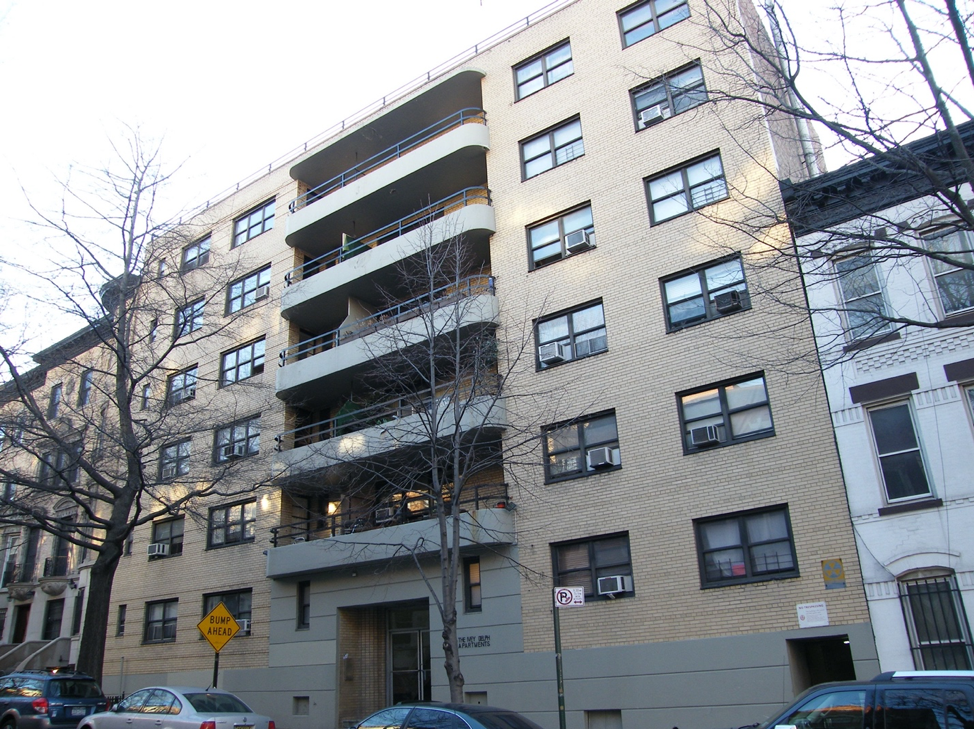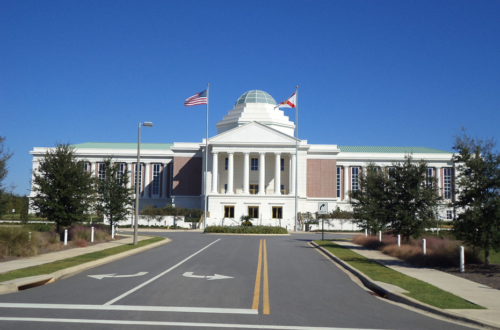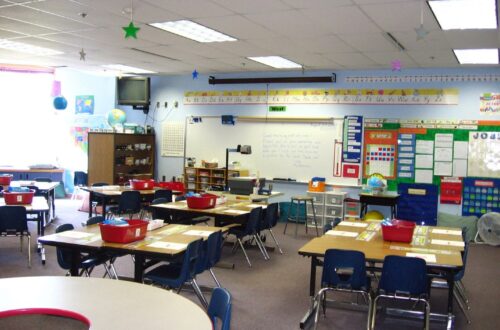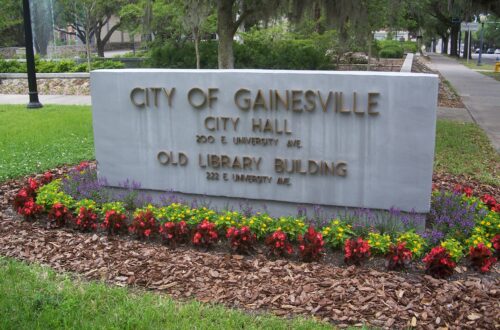On Sept. 3, the Gainesville City Council unanimously approved an ordinance that will establish residential rental unit permits, periodic rental property inspections, and new energy and safety standards for rental properties.
As Commissioner Adrian Hayes-Santos noted in the council meeting, the measure, which still requires a final vote on Sept. 17, is aimed at addressing substandard housing conditions that Gainesville has struggled with for decades.
In the 1960s, the League of Women Voters brought attention to the issue after conducting a study that showed 20% of Gainesville housing was dilapidated or deteriorating. John R. Harrison, a writer for The Gainesville Sun at the time, also won a Pulitzer Prize for his editorial writing campaign on the topic that contributed to Gainesville passing its first minimum housing code.
Yet decades later, a 2018 report conducted by the University of Florida Bureau of Economic and Business Research (BEBR) found that around 40% of Gainesville area households had at least one basic housing quality and condition issue with Hispanic, Black and Asian and Pacific Islander households more likely to experience these issues.
In fact, 42.6% of non-Hispanic Asian and Pacific Islander households, 53.5% of non-Hispanic Black households and 54.8% of Hispanic households had at least one basic housing quality or condition issue compared to just 35.4% of white households. Nearly 40% of Hispanic households had severe housing quality and condition issues. When it comes to energy use, Black and Hispanic Gainesville households also use less energy despite paying a higher percentage of their income on energy use and utilities.
Gainesville is not alone.
A 2016 study by the Center for American Progress found that over 30 million housing units in the United States pose health or physical risks. The 2016 CAP study also noted that competition for limited affordable rental housing options may force more Americans to accept substandard housing conditions.
In 2018, the Gainesville City Council created the Rental Housing Subcommittee. Chaired by Commissioner David Arreola, the subcommittee completed its report and recommendations in 2019.
In the Sept. 3 City Council meeting, Commissioner Gigi Simmons among others praised the subcommittee’s work that led to the ordinance saying it was one of the best subcommittees she has ever served on.
Although the ordinance was approved unanimously by the city council, it has faced opposition and criticism.
A frequently mentioned concern at the Sept. 3 meeting was that landlords may pass on any costs associated with the ordinance’s new standards and permits in higher rental rates. Others have expressed concern that the ordinance will push landlords to sell, which will result in even fewer affordable rental housing options.
The city council could consider a fund to assist residents that may be displaced by any possible effects of the ordinance such as higher rental rates.
One resident who called into the Sept. 3 meeting also expressed concern over how the ordinance would be applied to historic Gainesville properties.
Commissioner Reina Saco, responding later in the meeting, said that the ordinance does recognize that there will be houses that cannot meet some requirements or complete some modifications likely because they are unique historic homes.
Matthew Umanos, the Government Affairs Director for Gainesville-Alachua County Association of Realtors, called in to comment and express his organization’s disapproval of the ordinance. GACAR ran a campaign against the ordinance, which included mailed brochures and Facebook ads.
University of Florida professor and president of the UF chapter of United Faculty of Florida, Paul Ortiz, also called in to the Sept. 3 meeting expressing his organization’s support of the ordinance.
Three main changes were made to the ordinance before it was passed by a unanimous roll call vote.
The first two changes had the city take responsibility for the home energy rating surveys and removed language requiring landlords to give consent for inspections in their permit application. The last change removed a clause that would have allowed the city to revoke a landlord’s permit if either the landlord or the tenant denied consent for an inspection.
A rental mediation program, which had been recommended by the subcommittee, was not passed as part of this ordinance. City staff will be directed to create that program. The goal is for that program to be ready to roll out on Oct. 1, 2021, when the ordinance’s efficiency measures take effect. The ordinance’s property maintenance standards will take effect sooner on Jan. 1, 2021.
“In a free market economy, it’s the expectation and the responsibility that the government will step in when the market fails to fairly and efficiently provide a good or service,” Mayor Lauren Poe said. “So, too, with rental housing.”
Residents can watch a full recording of the Sept. 3 City Council meeting here.
Correction 9/23: This article has been updated to include more accurate statistics on housing condition issues in Gainesville.
Featured image: An apartment building. Unmodified photo by Americasroof used under a Creative Commons License. (https://bit.ly/2Rtmhaw)





